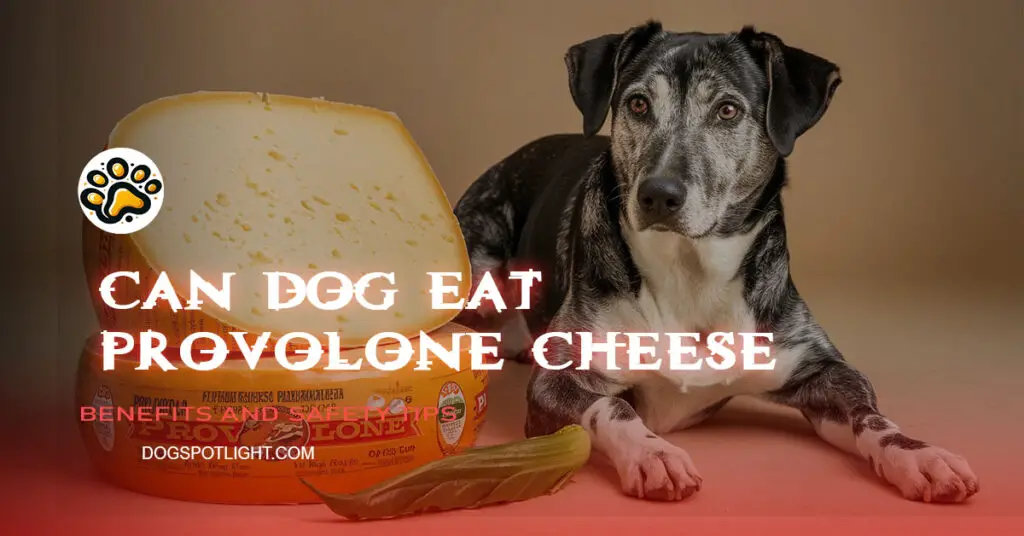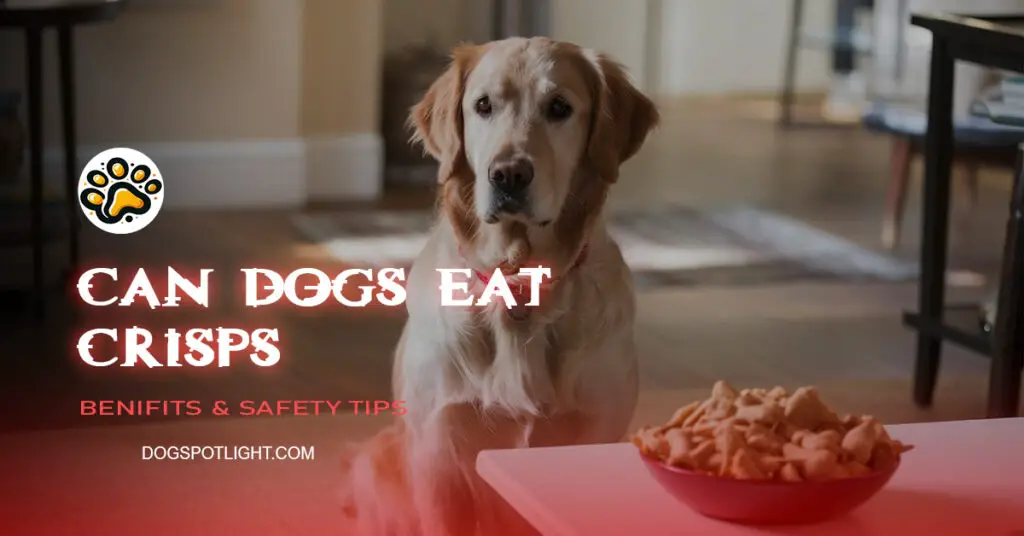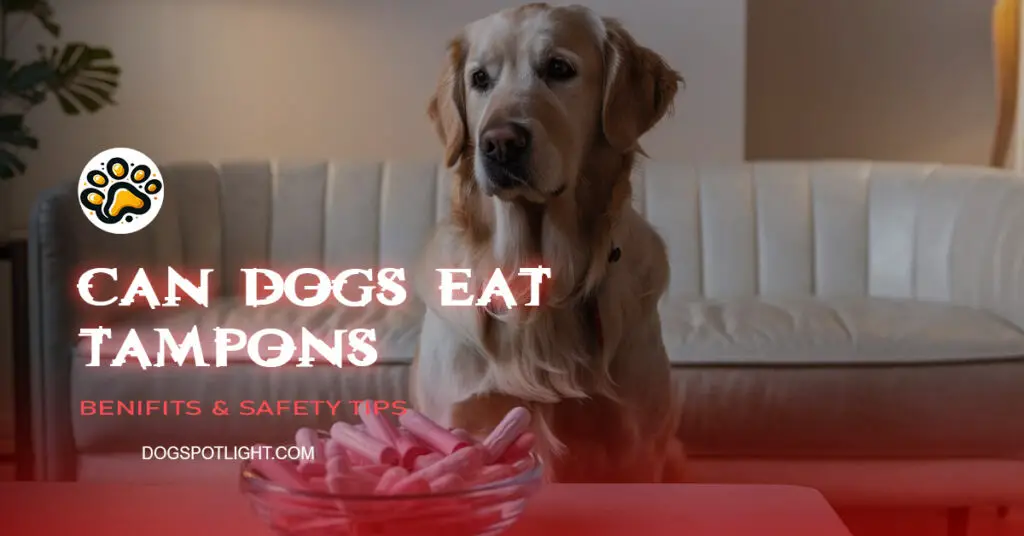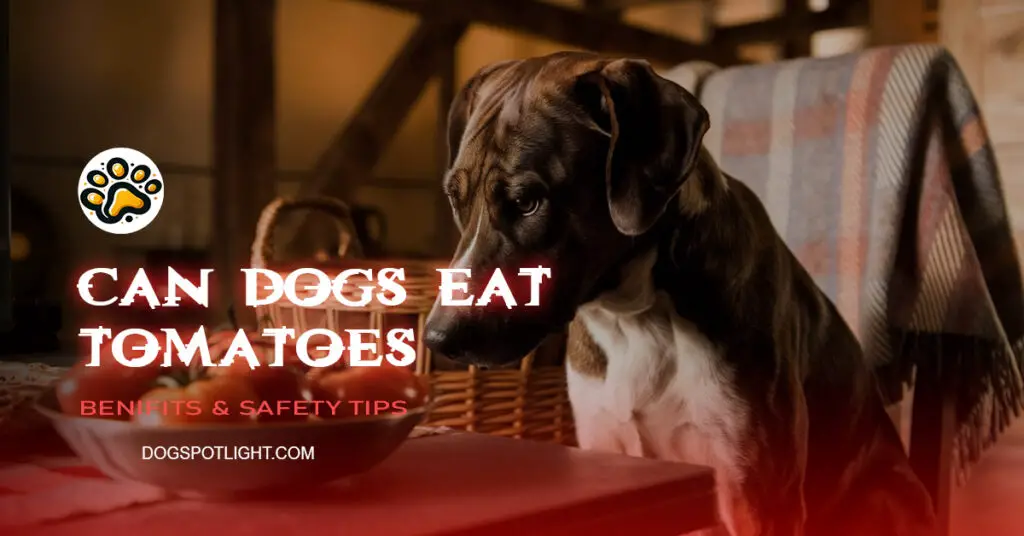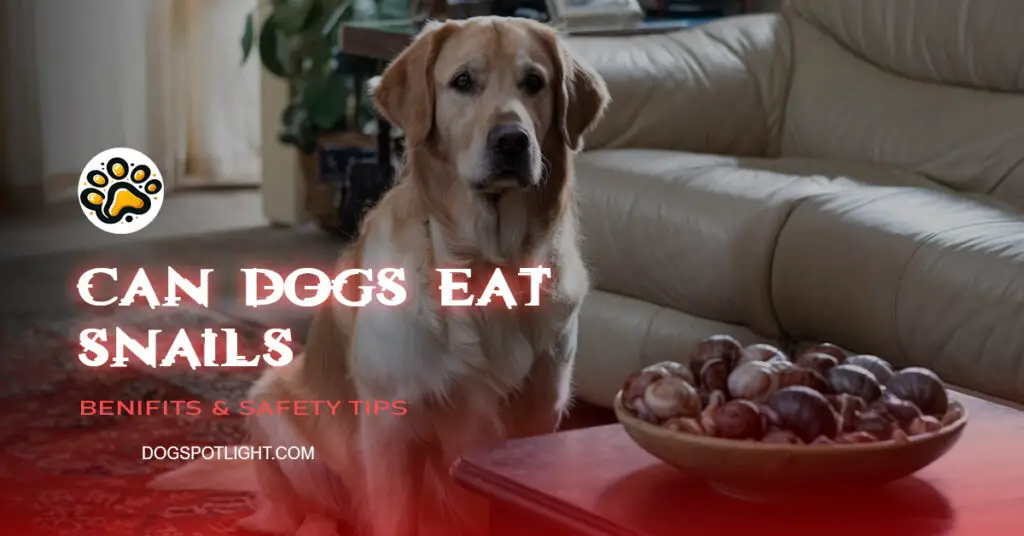Introduction
Provolone cheese is a popular semi-hard Italian cheese, celebrated for its mild, tangy flavor and culinary versatility. As a responsible dog owner, you may wonder: can dogs eat Provolone cheese? This guide examines whether Provolone cheese is safe for dogs, its potential benefits and risks, and alternative treats that may be better suited for your furry friend.
Can dogs have provolone cheese?
Yes, dogs can eat provolone cheese in small amounts, but it should be given in moderation.
- Introduction
- What is Provolone Cheese?
- Can Dogs Eat Provolone Cheese?
- Is Provolone Cheese Good for Dogs?
- Is Provolone Cheese Bad for Dogs?
- Benefits of Provolone Cheese for Dogs
- Risks of Provolone Cheese for Dogs
- Alternatives to Provolone Cheese for Dogs
- Table of Nutrition of Provolone Cheese for Dogs
- Types of Cheese
- What Cheese is Best for Dogs?
- Can Dogs Eat Gruyere Cheese?
- Can Dogs Eat Mascarpone Cheese?
- Can Dogs Eat Sharp Provolone Cheese?
- Can Dogs Eat Smoked Provolone Cheese?
- What Should I Do If My Dog Eats Provolone Cheese?
- How to Safely Feed Provolone Cheese to Dogs?
What is Provolone Cheese?
Provolone cheese is an Italian cheese that comes in two main varieties: Provolone Dolce (mild) and Provolone Piccante (sharp). It’s made from cow’s milk and ages for different periods, affecting its flavor and texture. Provolone cheese is commonly used in sandwiches, melted on pizzas, and as part of cheese boards.

Can Dogs Eat Provolone Cheese?
Yes, dogs can enjoy Provolone cheese in moderation. However, like other dairy products, it should only be offered as an occasional treat due to its high fat and salt content. Excessive consumption of cheese can cause digestive problems, weight gain, and potentially more serious health issues for dogs.
Is Provolone Cheese Good for Dogs?
Provolone cheese contains some nutritional elements that may benefit dogs:
- Protein: Important for muscle development.
- Calcium: Promotes strong bones and teeth.
- Vitamins: Contains small amounts of essential vitamins like Vitamin A and B12.
However, these benefits are minimal compared to the potential downsides.
Is Provolone Cheese Bad for Dogs?
While Provolone cheese is not toxic to dogs, there are several reasons it can be harmful if given too frequently:
High fat content: This can lead to pancreatitis, obesity, and other health problems in dogs.
High sodium levels: Too much salt can cause dehydration, high blood pressure, and even salt poisoning in extreme cases.
Lactose intolerance: Many dogs are lactose intolerant, meaning they can’t properly digest dairy, leading to stomach upset, diarrhea, and gas.
Benefits of Provolone Cheese for Dogs
Though Provolone cheese is not a necessary part of a dog’s diet, some potential benefits include:
- Training Aid: Small pieces of cheese can be used as high-value rewards during training.
- Source of Protein: It provides a quick protein boost.
- Calcium: Helps with bone health in small amounts.
Risks of Provolone Cheese for Dogs
Despite the benefits, the risks often outweigh them:
- Weight Gain: The high fat content in cheese can contribute to obesity, especially in small or less active dogs.
- Digestive Issues: Lactose intolerance is common in dogs, leading to gastrointestinal problems.
- Allergies: Some dogs may have allergies to dairy products, causing skin irritation or gastrointestinal distress.
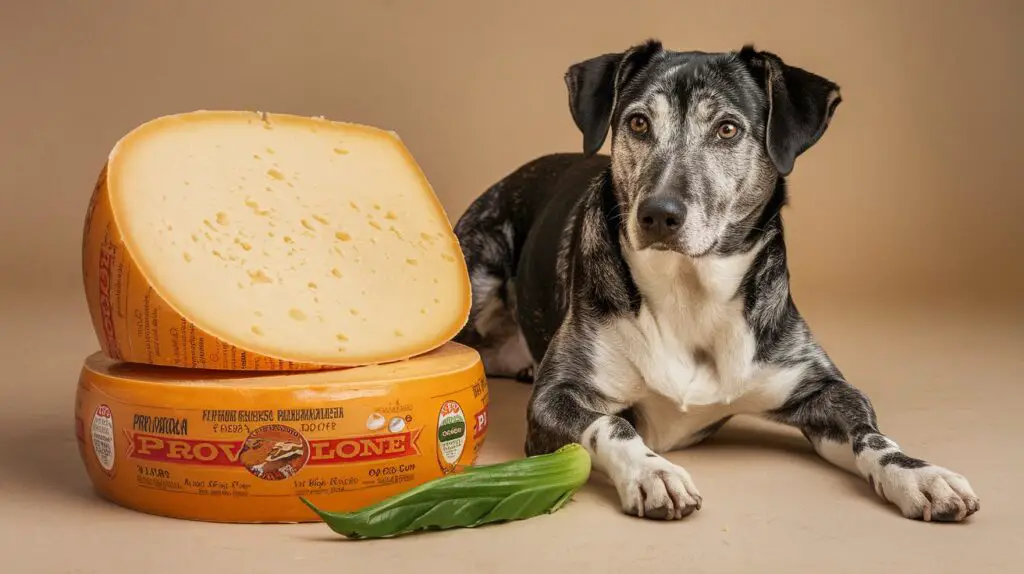
Alternatives to Provolone Cheese for Dogs
If you want to give your dog a cheesy treat without the associated risks, consider these safer alternatives:
- Cottage Cheese: Lower in fat and salt, and easier for dogs to digest.
- Low-Fat Mozzarella: Provides some protein and calcium without the high fat content.
- Dog-Specific Cheese Treats: There are many cheese-flavored dog treats designed specifically for their dietary needs.
Table of Nutrition of Provolone Cheese for Dogs
| Nutrient | Per 28g (1 oz) Serving |
| Calories | 98 |
| Protein | 7 g |
| Fat | 7 g |
| Saturated Fat | 4 g |
| Sodium | 248 mg |
| Calcium | 21% DV |
Pros
Cons
Types of Cheese
Different cheeses vary in their suitability for dogs. Here’s a quick look at popular cheeses:
- Gruyere: Higher fat content, should be avoided.
- Mascarpone: High in fat and not suitable for dogs.
- Sharp Provolone: Stronger flavor and higher fat content, best avoided.
- Smoked Provolone: May contain additives and high sodium levels; avoid feeding it to dogs.
What Cheese is Best for Dogs?
The best types of cheese for dogs are low-fat varieties with minimal salt, such as:
- Cottage cheese: Low in fat and easier to digest.
- Low-fat mozzarella: A good source of protein without too much fat.
Can Dogs Eat Gruyere Cheese?
Gruyere cheese is high in fat and salt, making it unsuitable for dogs. Feeding Gruyere to dogs can result in digestive upset and health complications if consumed in large quantities.
Can Dogs Eat Mascarpone Cheese?
Mascarpone is a rich, creamy cheese with high-fat content. It’s not recommended for dogs due to the potential for weight gain and digestive issues.
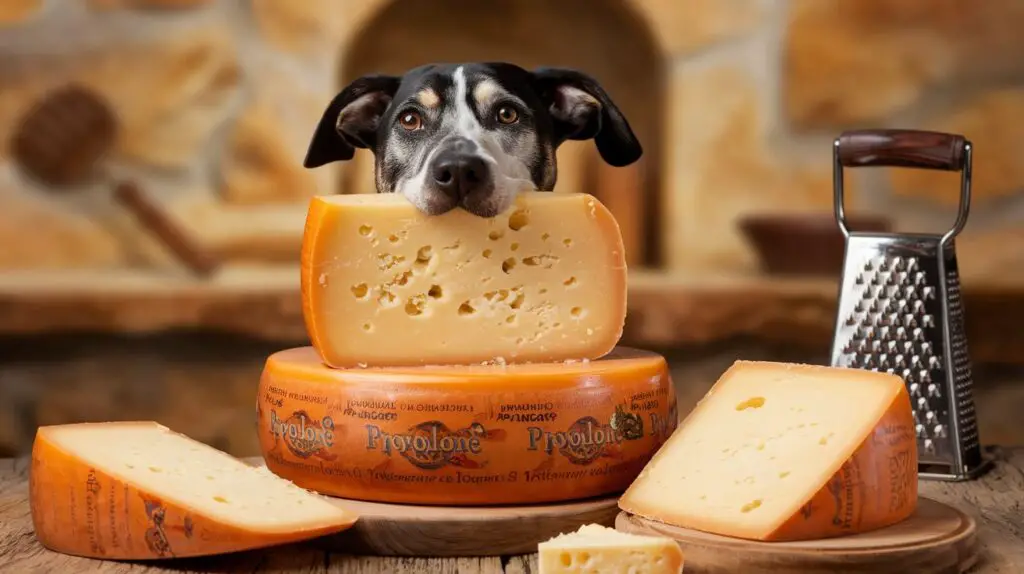
Can Dogs Eat Sharp Provolone Cheese?
Sharp Provolone has a more intense flavor and higher fat content than mild Provolone, making it even less suitable for dogs.
Can Dogs Eat Smoked Provolone Cheese?
Smoked Provolone often contains added sodium and smoke flavoring, which can be harmful to dogs. Avoid giving smoked Provolone to your pet.
What Should I Do If My Dog Eats Provolone Cheese?
If your dog eats a small amount of Provolone cheese, there’s usually no need for concern. However, if they consume a large amount, watch for symptoms like vomiting, diarrhea, or lethargy, and contact your vet if necessary.
How to Safely Feed Provolone Cheese to Dogs?
If you choose to give your dog Provolone cheese, follow these safety tips:
- Small Portions: Only offer tiny pieces as an occasional treat.
- Check for Lactose Intolerance: Be sure your dog can digest dairy without discomfort.
- Avoid Additives: Do not give cheese with spices, smoke flavoring, or other additives.
In summary, while Provolone cheese is not toxic to dogs, it should only be given in moderation. The high fat and sodium content, along with the potential for lactose intolerance, makes it a treat that should be given sparingly. For healthier options, consider low-fat, low-sodium cheeses like cottage cheese or dog-specific treats.

